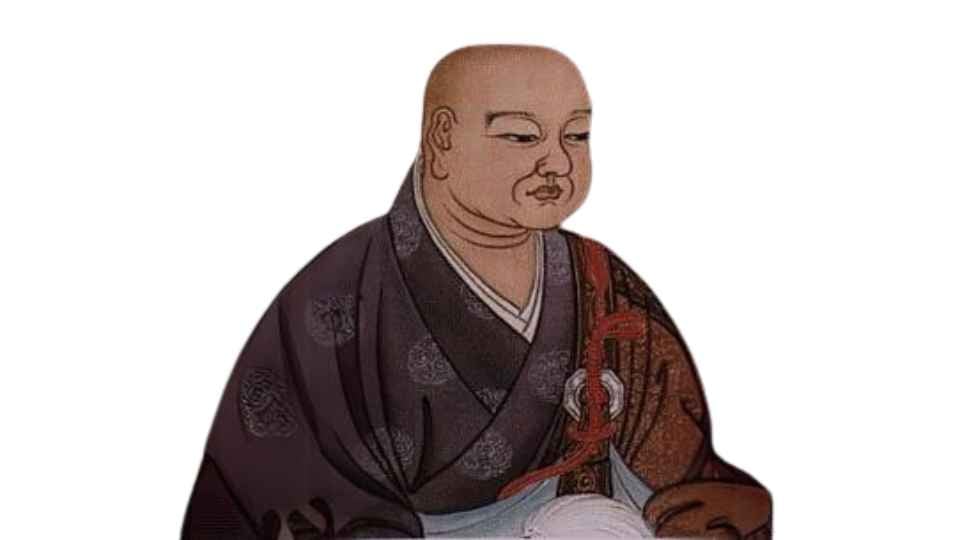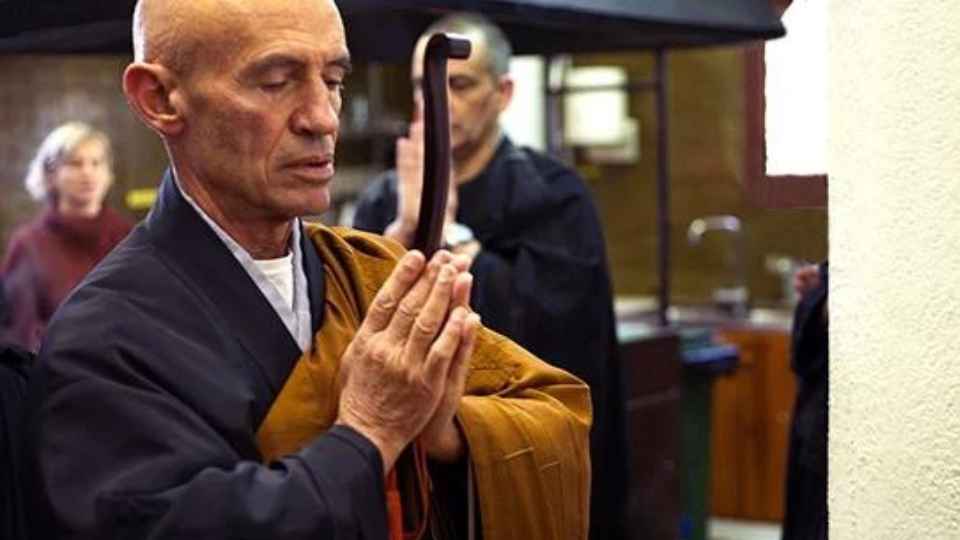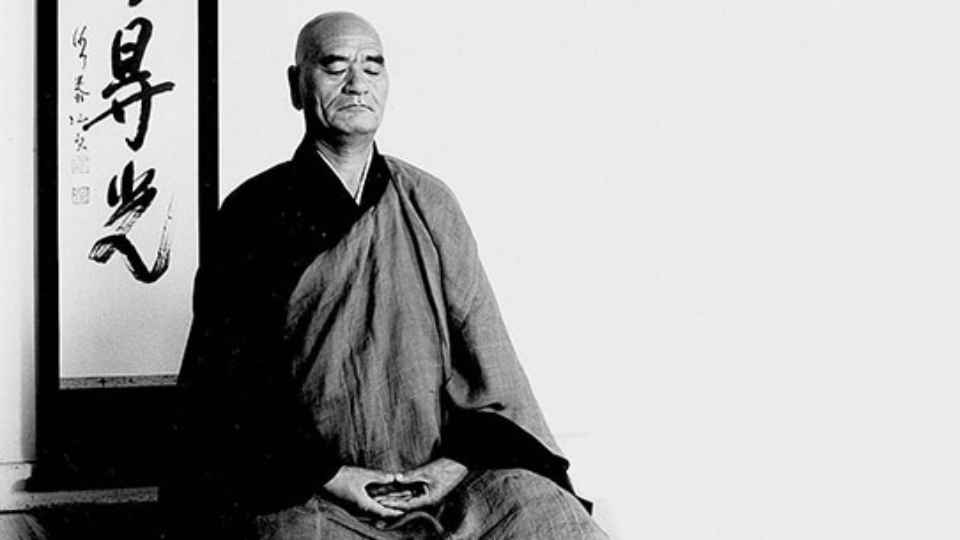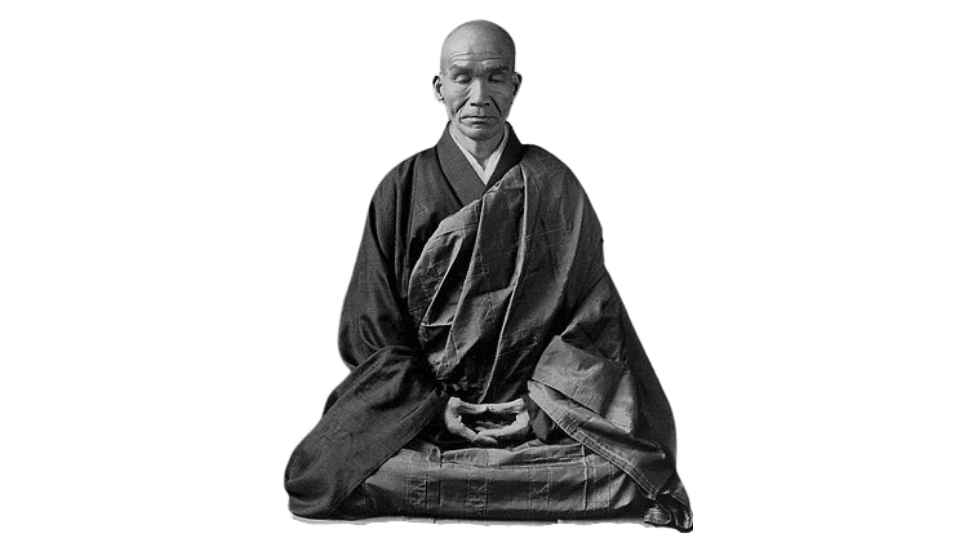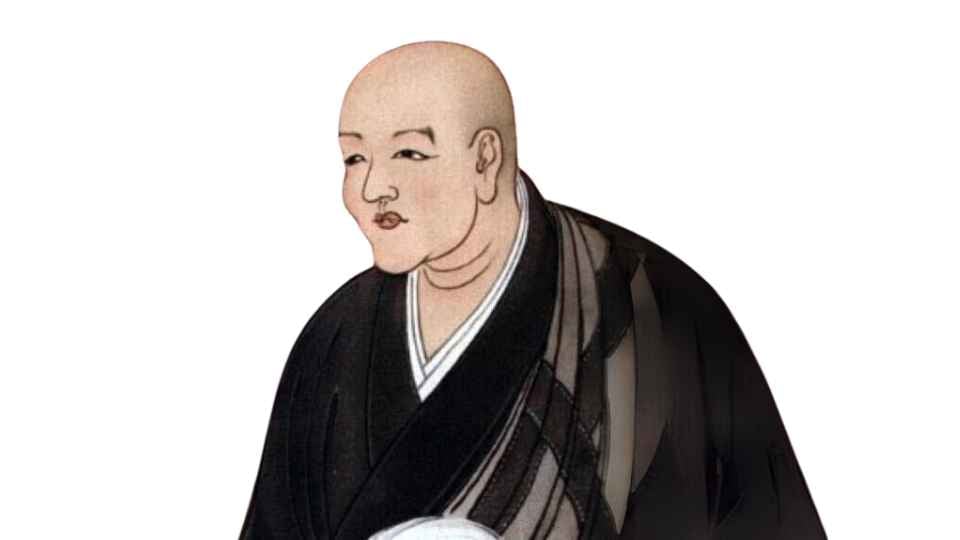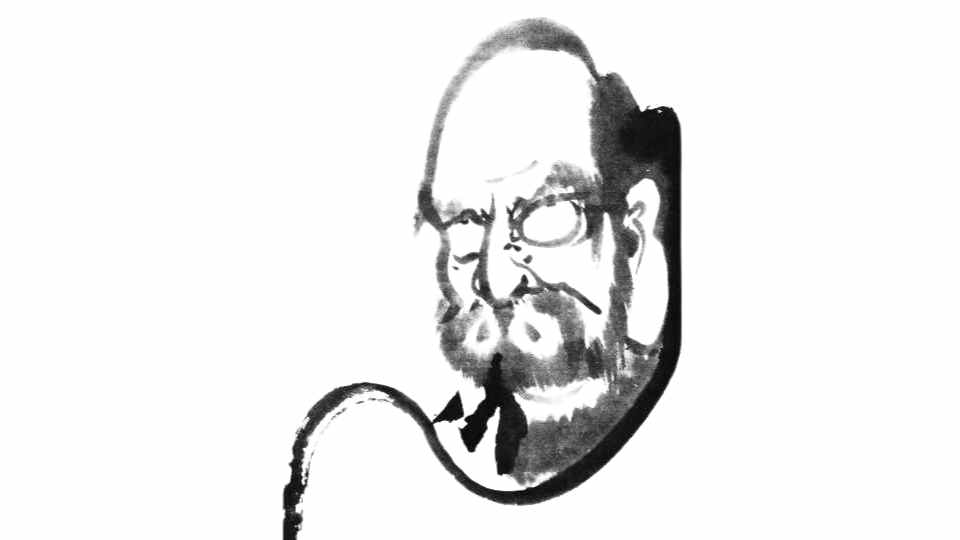In the history of Zen, there have been especially brilliant masters. One of them is Keizan Jokin, a revered master for his crucial role in the expansion of the Soto Zen school in Japan. His legacy is both spiritual and literary, leaving an indelible mark on the practice of Japanese Zen. In 2025, the 700th anniversary of his death will be celebrated, and for this reason, Soto Zen temples around the world are preparing for this commemoration.
The Early Steps of Master Keizan Jokin
Born in 1268 in the province of Echizen, Japan, Keizan Jokin felt the spiritual calling from a young age. Being the son of a priest, the religious environment surrounding him planted the seed of his future vocation. However, his path to Zen was not direct. Initially, Keizan studied the Tendai tradition, a form of Buddhism that emphasizes meditation and the realization of enlightenment. But his search for Truth eventually led him to Soto Zen, where he found his true spiritual refuge.
Spiritual Ascent
Master Keizan Jokin became known for his deep commitment to practice and his unwavering compassion. He founded Sojiji Temple in Ishikawa Province, which became one of the main centers of Soto Zen. In addition to being a spiritual leader, Keizan was a prolific writer, leaving a legacy of works that include teachings, poems, and biographical accounts.
The Denkoroku
One of Keizan Jokin’s most notable works is the “Denkoroku,” a collection of stories about the ancestors of Soto Zen, from Buddha to Ejo Zenji. In the Denkoroku, Keizan emphasizes that the true Dharma has been transmitted from Buddha Shakyamuni to Ejo Zenji and firmly established in Japan by Dogen Zenji. This text not only offers a fascinating view of Zen history but also conveys the fundamental teachings of this tradition in an accessible and uplifting way. Through his writings, Keizan Jokin brought Buddha’s teachings to life, resonating with later generations of Zen practitioners.
Master Keizan Jokin ’s Literary Influence
Another of his works is the Zazen Yojinki, meaning “The Important Points to Observe During Zazen.” It is a text based on Dogen’s Fukanzazengi with more concrete teachings and varied instructions. Another of his works is Keizan Shingi (Keizan’s Pure Rules), a manual on the rules for rituals, as well as chants and merit dedications. Yet another influential work is Tokoku-ki, a vast compilation of various texts by Keizan. It includes excerpts from his diary, essays, his autobiography, poems he composed, questions and answers between his disciples and him, and more.
The Enduring Legacy in Zen
Master Keizan Jokin’s contribution to Soto Zen is invaluable. His work not only helped establish a solid foundation for Zen practice in Japan but also laid the groundwork for its expansion and dissemination worldwide. The temples he founded and the teachings he transmitted continue to inspire countless people in their spiritual quest.
The Influence of Master Keizan Jokin
Keizan Jokin was more than a Zen master; he was a compassionate guide and prolific scholar whose influence endures to this day. His life and teachings are a testament to the depth and beauty of the Zen path, and his legacy remains a source of inspiration for all those seeking truth and awakening of consciousness. In the vastness of the Zen universe, Keizan shines like a bright star, whose light continues to guide seekers on their spiritual journey.
Respect for Women
Master Keizan Jokin always demonstrated great respect for nuns and laywomen of the sangha. He did not see women as being in opposition to men but believed that the true Dharma embraces both genders equally. In the Denkoroku, he states: “Buddha’s disciples must abandon all illusions of binary opposition such as good and evil, or discrimination between the sexes.” He also preached that when a person has attained the Buddha’s Path, whether male or female, that person should be called a master.
Dogen and Keizan
An old master once said: “You cannot understand Dogen if you consider him alone. You cannot understand Keizan if you consider him alone. Between Dogen and Keizan, there is a deep and wonderful relationship, like two in one and one in two.”
Homage to Keizan Jokin
In the year 2025, we will dedicate a ceremony in homage to Master Keizan Jokin. This is a way to express our deep gratitude for all the ancestors who have transmitted the practice of Zen to us.

